
24 vegan substitutes for meat, dairy, eggs & more
Get creative in your kitchen with plant-based recipes and interesting vegan alternatives. There are several ways to enjoy the perks of a more plant-based diet, from using plant-based alternatives when you can to going full-on vegan and avoiding all meat and animal byproducts like honey, eggs and dairy.
Finding great vegan baking substitutes is all about matching the texture, taste and overall qualities of the animal-based counterpart you’re substituting. You can achieve similar results in baking and cooking with the right vegan alternatives.
Our list of top vegan substitutes can be used almost seamlessly in the place of meat, milk, eggs and other animal-based ingredients as you recreate your favorite dishes into vegan-friendly versions or experiment with new and innovative ways to eat a more plant-based diet.

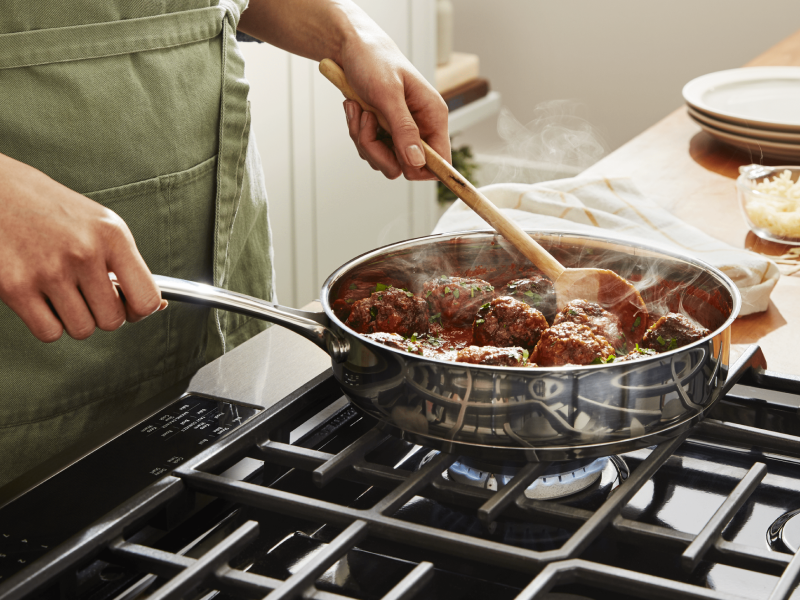
Vegan substitutes for meat
When choosing plant-based meat substitutes, look for substitutions that mimic taste and texture. A good vegan meat substitute captures that distinctive umami flavor of meat and holds up to the desired method of cooking. Neutral tasting vegan substitutes for meat are optimal, as they’re more adaptable to a variety of dishes, preparation methods and flavor profiles. You can buy many vegan meat substitutes pre-made or make them yourself.
1. Tofu
Tofu—a high-protein alternative to meat—is perhaps one of the most well-known plant-based meat substitutes. Its neutral, slightly nutty flavor and light coloring make it a highly adaptable vegan meat substitute. It is also worth noting that tofu can be soft, medium, firm or extra firm. Tofu is made by coagulating soy milk, pressing out the whey and condensing the curds into “blocks”—a process similar to cheese-making. Experience tofu’s firm texture and mild taste in recipes like Spiralized Sesame Carrot Tofu Stir Fry. You can also throw tofu on the grill for a plant-based meat alternative.
2. Seitan
Need an easy and convenient meat substitute for cold cuts or prepared meats? Seitan protein may be your best option. This vegan meat substitute made from wheat yields a mild flavor and chewy, meat-like texture notorious for mimicking meat. Seitan substitutes can be found in most grocery stores, but you can also make homemade seitan using vital wheat gluten and a few other ingredients.
3. Jackfruit
This large tropical fruit covered in a green, bumpy outer layer is filled with waxy yellow pods that, when unripe, are very firm and stringy. The flavor of a ripe jackfruit is similar to a pineapple or mango. Jackfruit is rarely seen in its whole form but is commonly sold prepared in brine or water. Because of its slightly sweet flavor and stringy consistency, jackfruit makes an excellent meat substitute for chicken and pork.
4. Tempeh
Made from fermented soybeans, tempeh is a versatile vegan meat alternative. Expect a slightly nutty, starchy taste (like beans) and firm cake-like texture from traditional tempeh. Tempeh really shines in dishes with a lot of bold flavors, specifically Asian favorites like Kung Pao Chicken, but you can also pan-fry thin slices of tempeh for a vegan bacon substitute. Gather up your favorite vegetables and some pineapple for a vegetarian version of the popular poke bowl with a Vegan Hawaiian Poke Bowl with Teriyaki Sauce.
5. Beans
Beans are an incredibly versatile plant-based substitution for burgers. Not only are beans high in fiber, protein and other vital nutrients, they have a perfect texture for mashing. Chickpeas, lentils, black beans, mung beans and peas are the most popular choices for vegan burgers. Create a hearty high-protein burger when combining beans with grains like quinoa or starchy veggies like sweet potatoes. If you’re looking for a plant-based alternative to burgers for your next cookout, try Sweet Potato Black Bean Burgers, made with black beans, sweet potatoes, oats and a variety of spices.

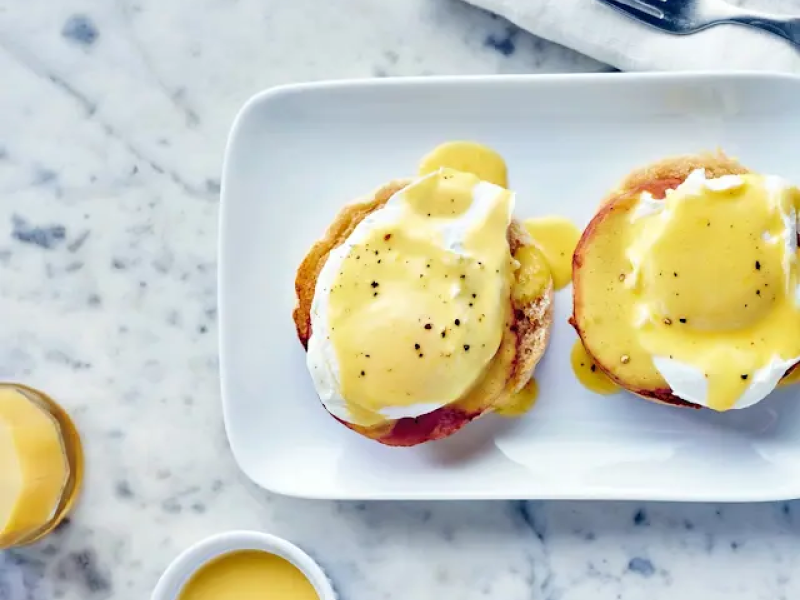
Vegan substitute for eggs
Eggs are an incredibly versatile kitchen staple in cooking and baking. To find the best vegetarian substitute for egg protein, consider your needs. In baking, the purpose of egg is to add texture, leavening, color and flavor. Store-bought egg replacers (usually made with tapioca starch or potato starch), mashed fruit puree, flax seed, tofu, nut butter and aquafaba are top substitutions in baking. Be careful not to choose a sweet substitute like mashed banana for savory baked goods.
6. Aquafaba
Aquafaba, the starchy, protein-rich liquid found in canned chickpeas, serves as a versatile additive capable of enhancing moisture and whipped texture across a wide range of dishes. Generally, you will use 3 tablespoons of aquafaba for each egg that is called for in a recipe.
7. Mashed fruit puree
Try a ¼ cup of bananas or apples to replace one egg in your recipes. Ensure that it is perfectly mashed or pureed to be clear of any chunks. This option also adds a bit of sweetness or flavoring to your baked confections. However, it isn’t recommended for savory dishes.
8. Nut butters
Nut butters and seed butters work well for recipes that already call for nutty flavor profiles like cookies and cakes. About 3 tablespoons of your preferred nut butter mixed with a bit of liquid (like water or almond milk) can replace one egg.
9. Silken tofu
For the best plant-based egg alternative in cooking, regular tofu has a firm texture and mild taste that makes it an excellent egg substitute for scrambled eggs for a protein rich breakfast. Silken tofu is softer and works well for baked goods, pie fillings and creamy sauces. A ¼ cup of silken tofu can be used as a substitute for one egg and will need to be mashed or blended into an even consistency.
Vegan substitutes for dairy: Milk, butter & more
Whether cooking with milk or butter from cows, sheep or goats, your creamy, fluffy or tasty favorites can likely still be achieved with these dairy substitutes for vegans. Learn about vegan alternatives to butter or vegan substitutes for milk in baking recipes and other helpful options.
10. Plant-based milk
Many grain and nut milks can be used as 1:1 substitutes for cow’s milk. The most popular plant-based milks you’re likely to see on the grocery shelves are coconut, almond, soy, rice, hemp, flax and oat. Homemade milk substitutes generally won’t have added thickeners, emulsifiers or added vitamins that might affect your recipe, particularly in baked goods. All you need is a blender and something to strain liquid to make your own milk substitute. Wondering which milk alternative to use? Note the varying characteristics of each plant-based milk alternative before choosing. Taste, fat content and consistency matter. For example, the neutral taste and creamy texture of soy or almond milk make these great options for favorites like Fluffy Gluten Free Vegan Pancakes.
11. Vegan butter substitutes
Butter is an integral ingredient used for baking, cooking and spreading. It’s also a bit of a shapeshifter, which can make butter a trickier ingredient to substitute. In its solid form, butter can be used to whip up buttercream frosting, placed on top of piping hot pancakes or smeared on a warm piece of toast. When melted, butter helps bread to rise and adds distinctive richness and flavor. In baking, butter's characteristics can often be matched by mashed banana, avocado, applesauce and even beans. But of course, smearing applesauce on bread won’t cut it.
For subbing out butter used for spreading and cooking, a store-bought vegan spread may work best. These plant-based spreads are usually made from a blend of plant-based oils, nuts or seeds that make for easy spreading and melting. Or you can just use a jar of pure coconut oil. Of all the vegan alternatives to butters, coconut oil is one of the few plant-based butter substitutes that can most closely mimic the qualities of butter, making it the best all-around butter substitute. Spread on toast or sub it 1:1 in baking and cooking.
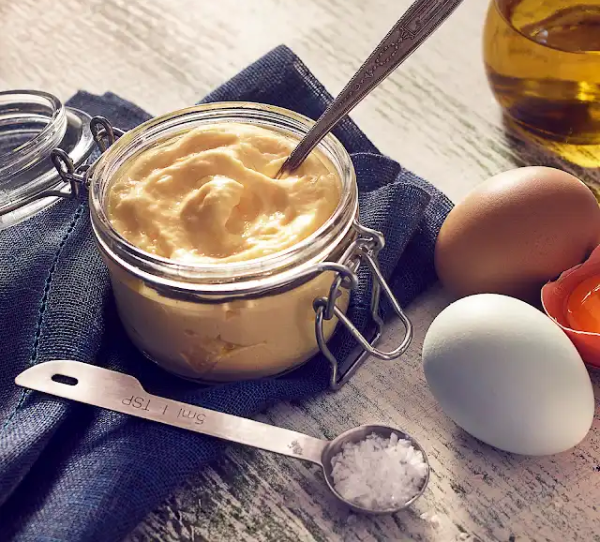
12. Vegan mayonnaise substitutes
The uses for mayonnaise go well beyond that of a condiment. It can truly be a Maker’s best kept secret! Mayonnaise makes cakes tender and moist, ensures a juicy burger and acts as the base for a number of dips and dressings. Many vegan alternatives to mayonnaise swap out egg yolks for vegetable oils like avocado, sunflower or olive oil, but there are multiple ways to make homemade vegan mayonnaise. One way is to combine raw unsalted cashews, water, olive oil, lemon juice, prepared mustard, apple cider vinegar, sugar and salt in a blender.
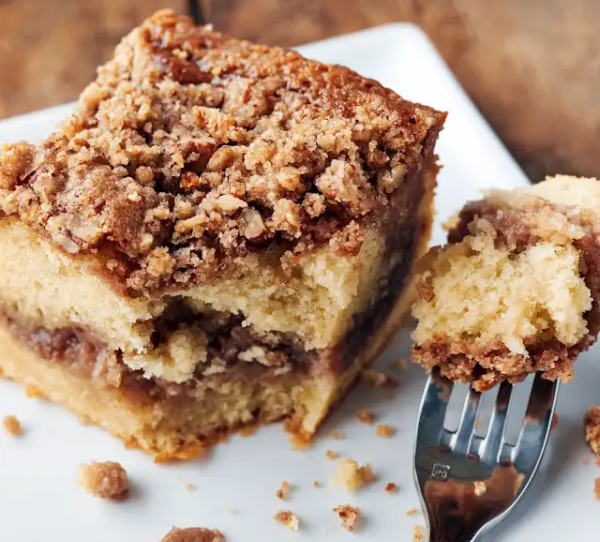
13. Vegan sour cream & yogurt alternatives
Sour cream and yogurt are fermented forms of dairy so achieving the tang and texture is key in finding the best vegan substitute. Sour cream isn’t just for tacos; it also adds moisture in baked goods that tend to be on the dry side like Sour Cream Coffee Cake. Silken tofu can be used to craft your own lower-fat vegan version of sour cream. Whip up a batch using silken tofu, lemon juice, vinegar and salt. The smoothness of the tofu and the tang from the citrus and vinegar make an unmistakably creamy vegan substitute for sour cream.
What is a vegan alternative for yogurt? Thankfully, there are many commercially available options made with everything from cashews to peas, but making your own is as easy as adding probiotics to non-dairy milk. You can either buy probiotic powder or a premade culture to add to your milk. Making your own yogurt requires very little equipment: a glass jar with a lid and a warm environment. Once you have a batch going, you simply take a little bit from each batch to start another. It’s incredibly cost effective but also fun, as you can add whatever flavors you desire, making this recipe a blank canvas for your culinary creations.
14. Vegan buttermilk substitutes
Making your own vegan substitute for buttermilk is as easy as adding a tablespoon or two of lemon juice or white vinegar to nondairy milk. The idea with vegan buttermilk is to get the milk to “curdle” just like true buttermilk, because that’s what buttermilk is—curdled milk. But be aware that not all nut milks curdle. Soy milk or almond milk most closely resemble cow’s milk in both taste and texture. The purpose for buttermilk in baking is to add tang, creaminess and moisture, and these qualities can be recreated with the right vegan milk alternative as your base.
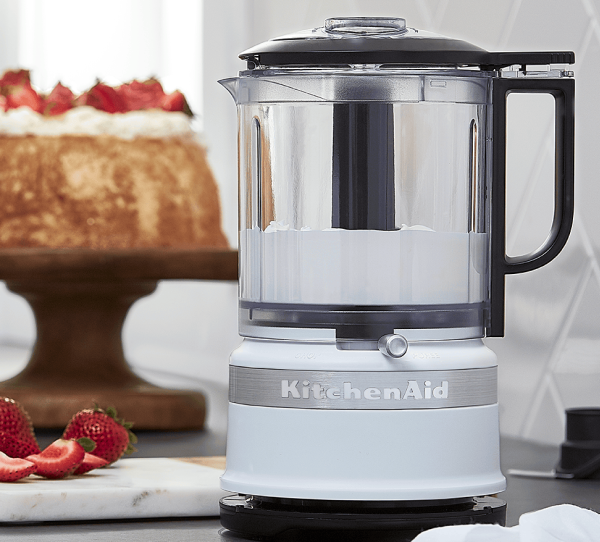
15. Vegan alternative for whipped cream
Homemade whipped cream involves only a few simple ingredients, making it easy to recreate without dairy products. If you’re looking to make your own light and fluffy vegan whipped cream, whip coconut cream or dairy-free heavy whipping cream as you would traditional heavy whipping cream. It’s a 1:1 substitution with these vegan options. Aquafaba Whipped Cream is another way to make vegan whipped cream using aquafaba (the liquid from a can of chickpeas) whipped with cream of tartar, coconut cream, a sweetener and a bit of vanilla. Use this vegan friendly version just as you would regular whipped cream—dolloped on top of pie or nestled neatly on a cup of decadent Vegan Hot Chocolate.
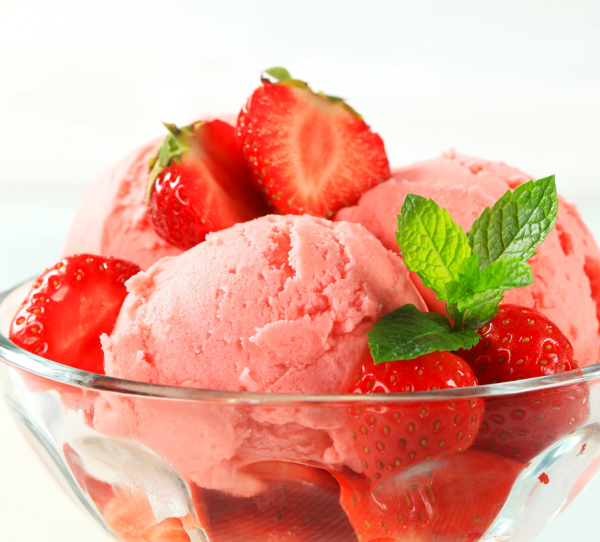
16. Vegan ice cream & milkshake alternatives
Get creative with vegan versions of traditionally dairy dominant desserts like ice cream and milkshakes by using non-dairy milk as your base or making nice cream with fruit. Grocery store aisles are lined with plant-based ice creams using coconut milk, almond milk, rice milk, soy milk and more, but if you have a KitchenAid® Ice Cream Maker attachment, you can create your very own unique blended flavors. Craving a creamy milkshake? Taste these refreshing Fresh Coconut Milk Fruit Popsicles. Sorbets are another great vegan friendly dessert option that are fun to customize and flavor. For a unique boozy vegan sorbet, try the Basil and Strawberry Riesling Sorbet.
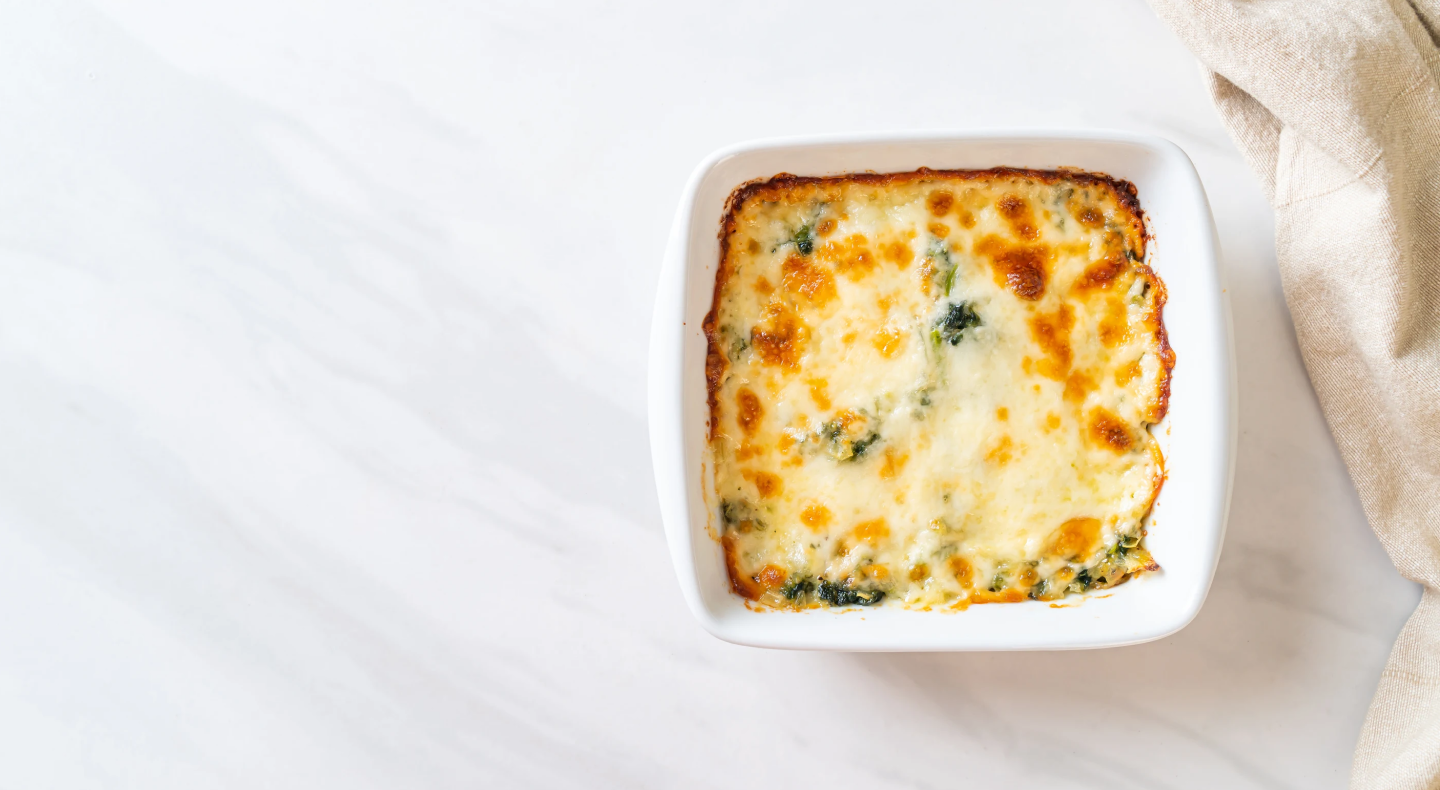

Vegan substitutes for cheese
Cheese has a distinct flavor, texture and richness that brings it front and center in any recipe. When choosing a good vegan cheese substitute, consider the qualities of the cheese you’re replacing. Hard cheeses like parmesan tend to have a strong tanginess and crumbly texture while soft cheeses like ricotta or cream cheese are usually smooth, creamy and mild in flavor. Many cheese alternatives can be found right in your kitchen.
17. Nutritional yeasts
Nutritional yeast truly captures the “cheesy” umami flavor and essence of real cheese. As deactivated yeast sold as flakes or powder, shake it on your favorite Italian dishes in place of parmesan, use it as an ingredient in making homemade ricotta or add to recipes like Zesty White Bean Dip for an extra layer of richness and flavor.
18. Non-dairy yogurt
You may find the easiest replacement for a vegan substitute for cream cheese is non-dairy yogurt. Higher fat yogurts like coconut milk or cashew milk have similar creaminess and the tang of cream cheese. Cashews or tofu are two other plant-based ingredients that make a great base for homemade cream cheese. There are also many store-bought versions that would work great in baking or for recipes.
19. Cashews
Vegan alternatives to hard and sharp cheeses like parmesan or Romano should embody the briny bite and texture of the real thing. These are cheeses commonly used in Italian cooking with a lot of aromatic spices. The right cheese alternative should complement rather than overpower. You can find store-bought versions sold in blocks or shreds, but a quick substitute for grated parmesan you can make at home is a blend of raw cashews, nutritional yeast and spices.
20. Firm tofu
Medium firm tofu already has a soft cheese consistency. Combined with its natural nutty flavor, tofu is an ideal vegan substitute for ricotta cheese. Just pop a block of regular tofu in a KitchenAid® food processor along with nutritional yeast, lemon juice and salt for a smooth and tasty cheese substitute that can be used in lasagna, stuffed shells or calzones.
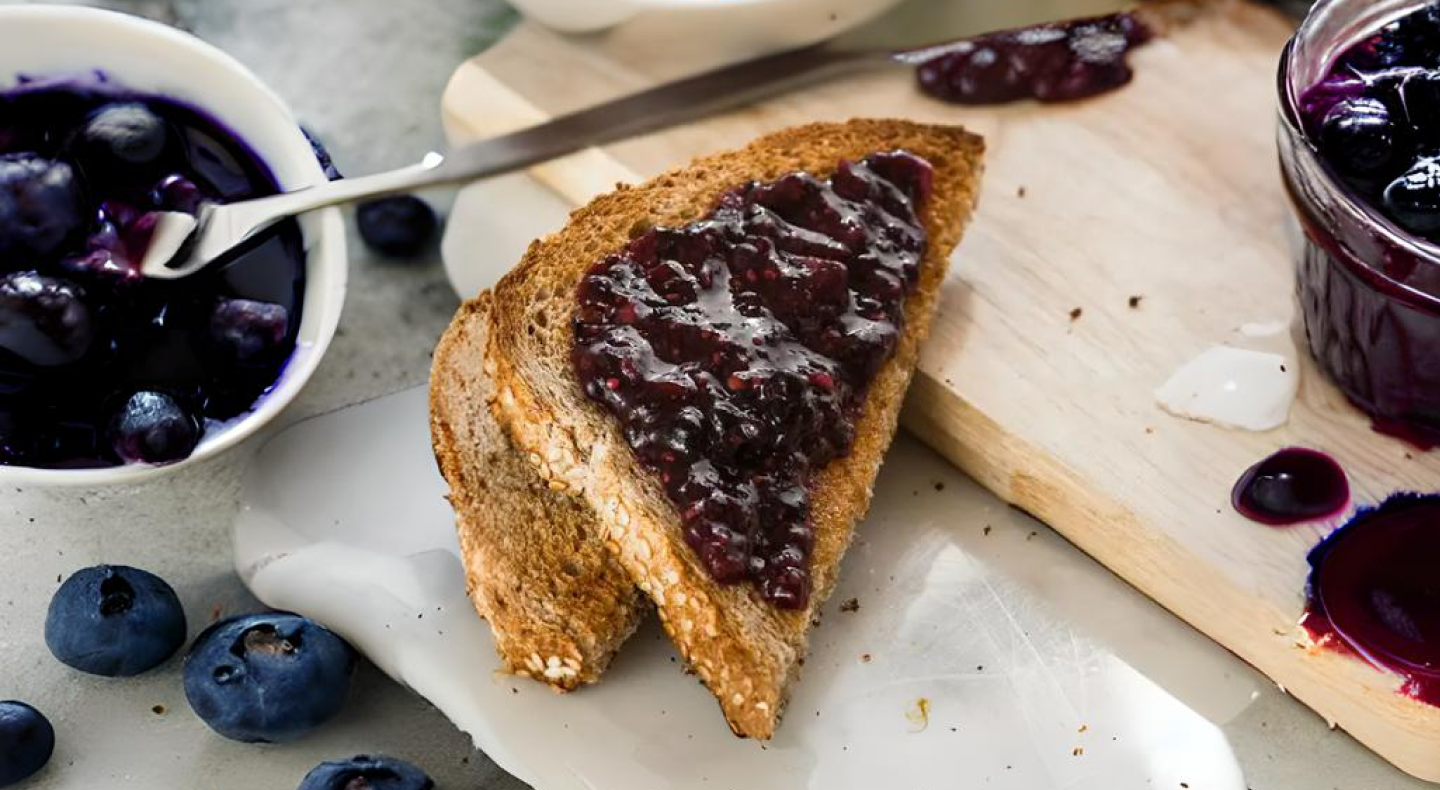
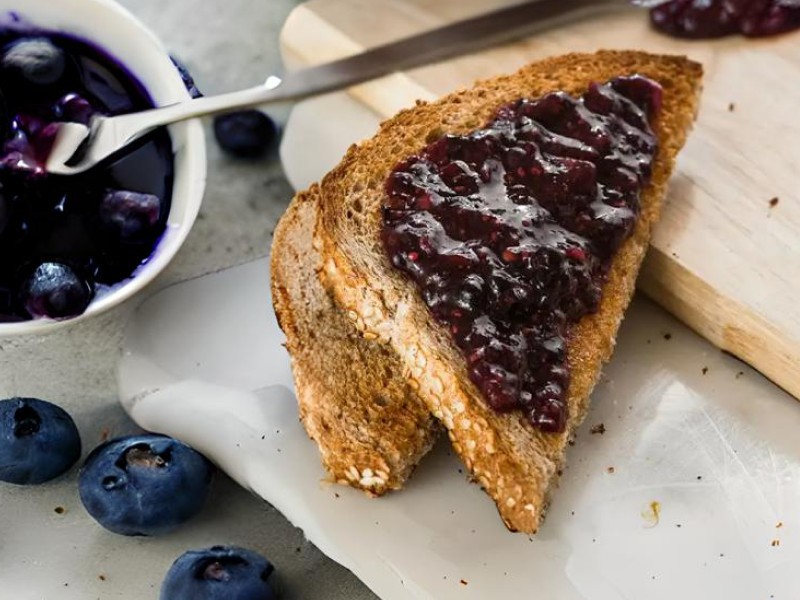
Vegan substitute for gelatin
When seeking a vegan substitute for gelatin, it’s the gelling and thickening effect you’re looking to replicate. On its own, gelatin is tasteless.
21. Agar
One way to replicate this animal-based gelling agent is with agar, made from seaweed. Agar flakes (or powder) can be used as a 1:1 substitute for gelatin.
22. Pectin
Pectin is a gelling agent as well as a natural thickener. It is a suitable vegan alternative to gelatin and is made from fruit pulp and fruit and vegetable skins. Some sources include citrus fruits, apples, carrots and plums. Pectin serves as a great option to create homemade jams and jellies. It is also used in desserts such as puddings and pie fillings.
23. Chia seeds
And speaking of jelly and jams, did you know that chia seeds are a plant-based gelling agent used to make puddings, custards and jams? Try Instant Blueberry and Blackberry Jelly made with chia seeds for a quick and tasty breakfast option. Chia seeds won’t give you the same smooth texture as gelatin, but the seedy consistency is delicious and unique!


Vegan substitutes for honey
Choosing a vegan alternative to honey requires attention to the thickness of honey and its delicate, floral flavor. Matching both the viscosity and taste are key.
24. Maple syrup & agave syrup
Maple syrup and agave syrup are relatively thick sweeteners sold in varying hues—like honey—making them appropriate substitutes in many recipes. Try these sweeteners in naturally sweetened treats like Homemade Fruit Leather or Plantain Truffles. Brown rice syrup, date paste, molasses and sorghum syrup are other sweet alternatives to honey that may work depending on your recipe.
Tips for working with plant-based vegan alternatives
Plant-based alternatives are an opportunity to get creative and learn new ways of cooking, baking and preparing food. And the more you learn and experiment with vegan friendly substitutes, the bolder you can get with plant-based swaps. Enjoy the versatility and adaptability of plant-based ingredients and combine your love of creating with new and interesting foods. Here are some tips to help you on your vegan cooking journey:
If you’re just starting out on vegan alternatives, plan your daily meals in advance.
Don’t think of plant-based alternatives as ‘fake’ food, but as new ways to enhance your cooking experience.
Experiment with different vegan alternatives to find one that compliments your dish and personal taste.
Marinate vegan options like tofu, seitan and other meat substitutes for deeper savory flavors.
Adopt a few quick swaps like changing out cow’s milk for nut milks, butter for avocado oil or tofu for scrambled eggs.
Check out more ways to be environmentally conscious by reading about Root to Stem Cooking.
Shop KitchenAid® small appliances to help your plant-based cooking & baking
Easily mix up delicious coconut milk smoothies, vegan queso or homemade aquafaba whipped cream with a KitchenAid® hand bender that dips into cups, bowls and pots for quick blending. Tasks like scrambling tofu or shredding jackfruit are also a breeze using a KitchenAid® hand mixer.
Discover more cooking tips from KitchenAid brand
-
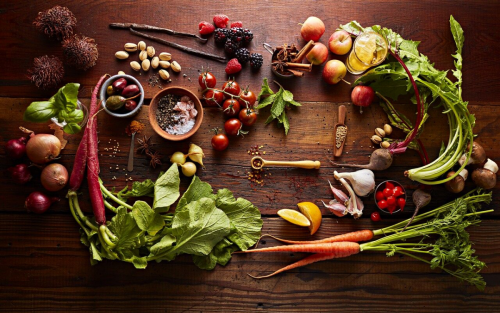 Grinding Spices at Home for Fresh Flavor Grinding spices at home gives you more flavorful ingredients for meals. Toast the spices, then grind and use for your recipes. Learn how to grind spices.
Grinding Spices at Home for Fresh Flavor Grinding spices at home gives you more flavorful ingredients for meals. Toast the spices, then grind and use for your recipes. Learn how to grind spices. -
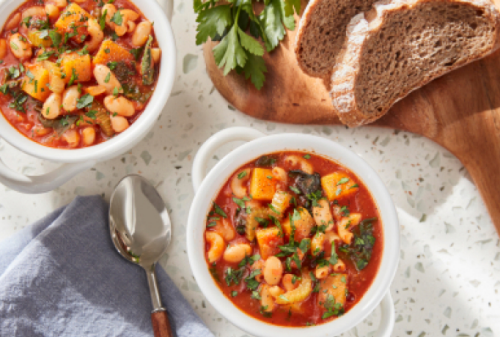 8 Root-to-Stem Cooking Tips: How to Cook More Sustainably Discover ways to help reduce food waste with sustainable cooking. Get creative with root-to-stem recipes that add leftover veggies to sauces, desserts and more.
8 Root-to-Stem Cooking Tips: How to Cook More Sustainably Discover ways to help reduce food waste with sustainable cooking. Get creative with root-to-stem recipes that add leftover veggies to sauces, desserts and more. -
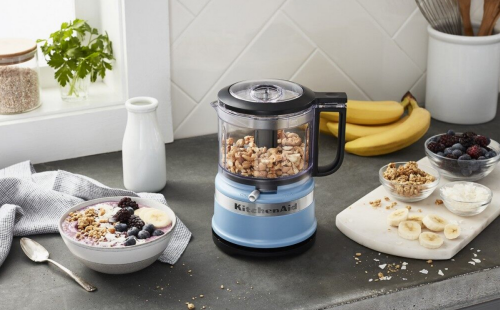 Can You Make Smoothies in a Food Processor? Wondering if you can make smoothies in a food processor? Let us show you how! Learn the best techniques for your food processor smoothie recipes.
Can You Make Smoothies in a Food Processor? Wondering if you can make smoothies in a food processor? Let us show you how! Learn the best techniques for your food processor smoothie recipes.

